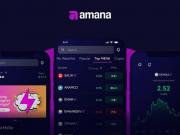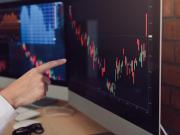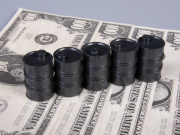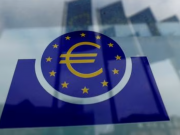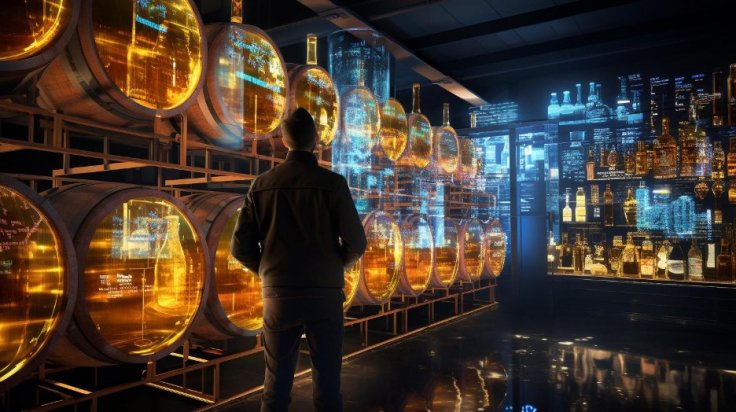
The hype surrounding Non-Fungible Tokens (NFTs) may have reached its zenith, but the realm of NFTs is far from fading into obscurity. While the NFT art market has seen a slowdown, recent indicators suggest a modest resurgence, with 90.61 million NFT transactions recorded in 2023, up from 54.86 million in 2022.
As the NFT space matures, anticipate a shift toward stable, niche projects with utility, value, and creative collaborations. The rising demand for NFT integration in consumer markets, particularly the alcohol and beverage industry, could make this a reality.
Serving NFTs in the Spirits and Wine Sector
For the uninitiated, NFTs are tokens representing the purchase of an asset on the blockchain.
Their primary allure lies in the inherent properties of the tokens — providing proof of ownership and ensuring provenance. The NFT serves as a digital certificate of authenticity, helping to verify the origin and ownership history of physical items such as rare bottles of wine, whiskey and other spirits.
Anyone with a blockchain wallet and an NFT marketplace (e.g. Opensea) could mint spirits-backed NFTs. Once done, a unique signature is created for the NFT that signifies its status as a digital asset. Collectors can then track the ownership via blockchain.
Integrating NFTs With Real World Assets
NFTs also provide utility, which is pivotal in the beverage alcohol industry. When an NFT is minted, it is backed by a corresponding real-world asset, specifically a bottle of wine and a cask. This means that the NFT has real value in the underlying asset. Moreover, the NFT acts as the digital deed of the product, thus confirming your right to the bottle.
Some of these products are highly valuable and appreciated over time due to their rarity and appeal to collectors.
Preventing Counterfeit Purchases
One of the problems the high-end spirits industry faces is counterfeiting. Fake wines and spirits cost the global industry $3.18 billion in direct sales annually. This is a major risk for collectors who value authenticity and transparency across the distillery's processes. NFTs are a gateway to fostering a more transparent and accountable digital ecosystem for rare and fine wines. It is clear that authentication measures such as code number verification and physical inspection are insufficient to stop wine fraud.
How Degen Distillery Taps Value Through Community Co-Creation
Minting an NFT from a physical asset like a rare wine bottle becomes more apparent when you look at what Degen Distillery and others are trying to do. Through Degen's "social distribution" model, partnered with Brewdog & Google, creators and artists can co-create their products alongside the company as well as take part in the distribution and sales.
Essentially, Degen Distillery allows the community to participate in its product's branding and design process. Aswell as employing their Tokenized Affiliate Protocol (TAP) to tokenize and own part of the revenue streams community members create by selling into the on and off trade, unlocking a new form of RWA (Real World Asset).
Degen Distillery's model is different from traditional NFTs, where the value lies with the purchaser. Instead, value is created not only through licensing the intellectual property (IP) rights of the community members, but also through allowing that community to help sell and distribute the product whilst owning part of the revenue they create, forever.
NFTs and Alcoholic Beverages the Perfect Cocktail
Though widespread adoption is still a few years away, NFTs are poised to transform the alcoholic beverage industry as we know it. NFTs offer a unique way to authenticate and track the provenance of high-end spirits and wines. It could also open up new possibilities for collecting and trading digital representations of rare bottles or experiences related to these beverages.




